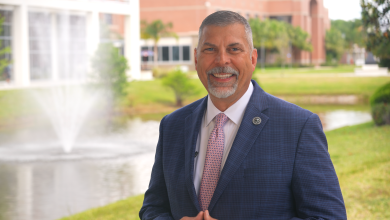Can We Have Privacy and Security?

To me, one of the most complicated issues of our time is the way in which the Internet gives us access to information and gives others access to information about us.
It’s hard to find anyone who hasn’t heard of Edward Snowden and the revelations he has made over the last couple of years. The computer—and by extension, the Internet—should force us to re-evaluate everything we thought we knew about privacy, but in many ways, the topic has gone unexplored. We talk about Google, or the NSA, or Facebook, but typically just on the surface level; however, these are complex issues that deserve our full attention.
Concepts of liberty and privacy are deeply held, but also deeply cultural: how I view privacy depends in part on where I grew up. As a transplant to America (I grew up in the UK), my vision of the typical American’s worldview when I got here was a stereotype of a kind: live free or die! Thus, when Snowden’s leaks started to hit the front page of newspapers around the world I expected a massive public outcry; what I saw was a shrug and a whimper. If I’m honest, I’m still not sure I quite understand why.
In many instances, security and privacy are treated as opposing poles: you can have one or the other, not both. That’s a false dichotomy—both are important, and my students, colleagues and I are smart enough and eager enough to explore clever ways not to claim one at the cost of the other. For example, can we design privacy into protocols, making them better able to resist pervasive monitoring not by encryption but by targeted uncertainty? It’s an open question, but an interesting avenue of research.
One of the things I tell my students is that they control the future; they control, in many ways, the emerging ideas of privacy and how we will either accept or reject wide-scale government monitoring in the name of law enforcement or security. Today’s students build the world of tomorrow, and if they don’t like what they get, well, they need to look in the mirror. Security or privacy? I say both and ask all of us as a society to get informed on the issues that we must face as we look to the future.
Richard Ford, Ph.D., is the head of Florida Tech’s department of computer science and cybersecurity and the Harris Professor for Computer Science in Assured Information. He earned his doctoral degree in semiconductor physics from The Queen’s College, University of Oxford, England.




